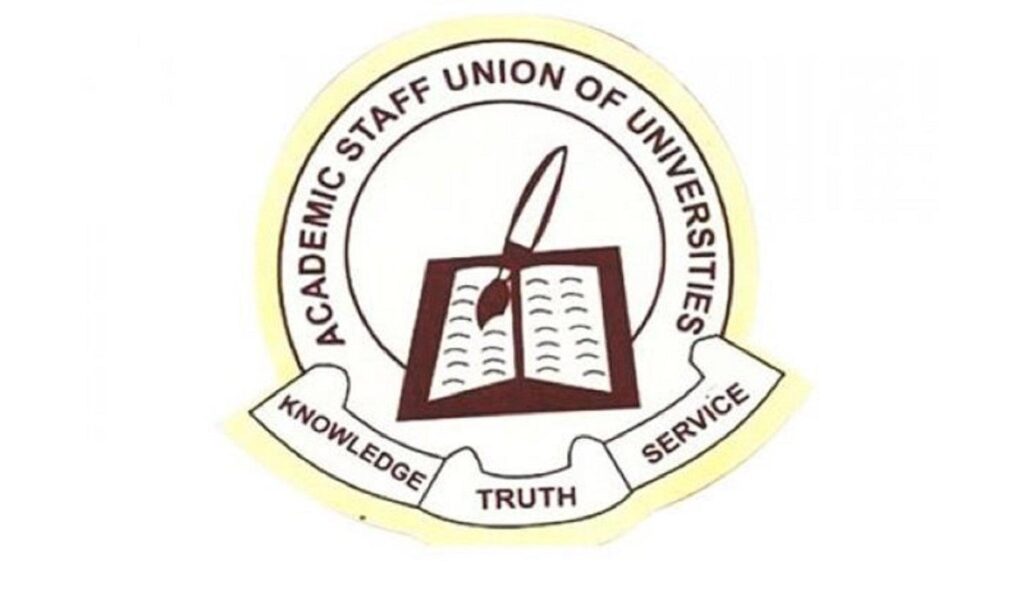The Academic Staff Union of Universities (ASUU) has called on the federal government to desist from further undermining the negotiation process, warning that continued neglect of the education sector could have grievous consequences for the nation’s future.
In a communiqué signed by the President of ASUU, Prof. Christopher Piwuna, issued at the end of the National Executive Council (NEC) of ASUU held at the Taraba State University, Jalingo, Taraba State, the union once again urged the Federal Government to prioritise education.
The Union expressed concern over what it described as the government’s “back-and-forth approach” to negotiations, which it said threatens to derail the ongoing efforts at achieving a lasting resolution to the issues in dispute.
ASUU recalled that during its emergency NEC meeting of October 21, 2025, it had resolved to suspend its warning strike despite the government’s “grossly insufficient” offers, in deference to the goodwill and mediation efforts of students, parents, the media, the Nigeria Labour Congress (NLC), and other well-meaning Nigerians.
“The Union said the one-month window given to the government for renegotiation was intended to allow for a conducive atmosphere for genuine engagement in good faith.
The communique partly reads: “It is now the responsibility of the government to take advantage of this opportunity to quickly resolve all the issues, in order to keep our children in school.”
The NEC, however, lamented that the government has continued to treat education as a commercial good that must be self-sustaining, rather than as a social good that guarantees sustainable national development.
“It is regretted that the renegotiation process has recorded little progress, rejecting the proposed salary increment as “a mere drop in the ocean” that cannot stem the brain drain bedevilling the university system.
While acknowledging some movement on non-monetary aspects of the negotiations, ASUU maintained that the unresolved salary and conditions of service remain the sore points requiring a radical approach.
The Union accused certain government officials of undermining the process through misrepresentation of offers and partial implementation of agreements, including the partial payment of promotion arrears dating back to 2017 and the belated release of third-party deductions.
“These gestures, at best, are confidence-boosting exercises and must not be framed as substantial issues of the negotiation process. Government’s objective must not be to win the narrative but to solve the problems.”
The Union urged the government to judiciously use the remaining days of the one-month window to achieve a holistic resolution, noting that the only way to protect the future of Nigeria was to invest in education.
Citing revenue data from the Federation Accounts Allocation Committee (FAAC), ASUU dismissed the government’s claims of paucity of funds, noting that both federal and state governments have recorded significant increases in revenue between 2022 and 2024. It argued that the lingering crisis in the education sector stems from a lack of political will rather than economic incapacity.
“The Federal Government received ₦3.42 trillion in 2022 and ₦4.65 trillion in 2024 — an increase of over 70 per cent. Similarly, state governments’ allocations rose from ₦3.92 trillion in 2022 to ₦5.81 trillion in 2024, a 62 per cent increase,” the Union noted.
ASUU called on traditional rulers, opinion leaders, students, the Nigeria Labour Congress, and civil society organisations to continue to prevail on the government to do the right thing by giving university lecturers a living wage, as he insisted, “the surest way to protect the future of our country is to invest in education.”















